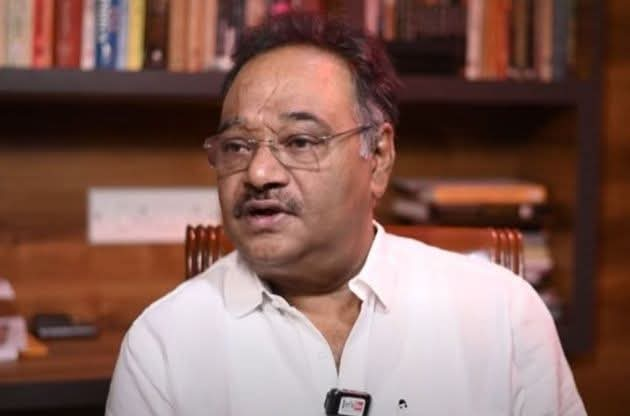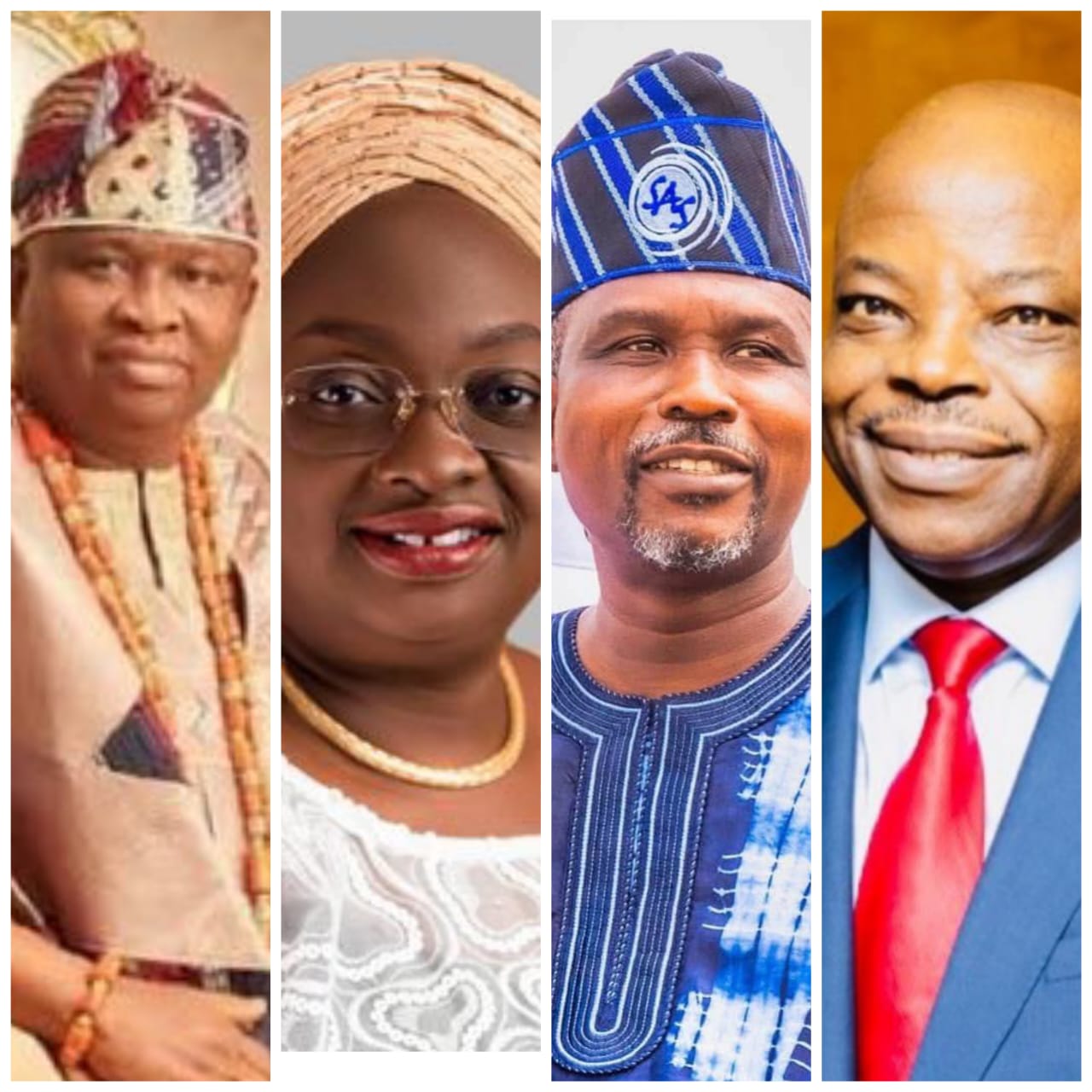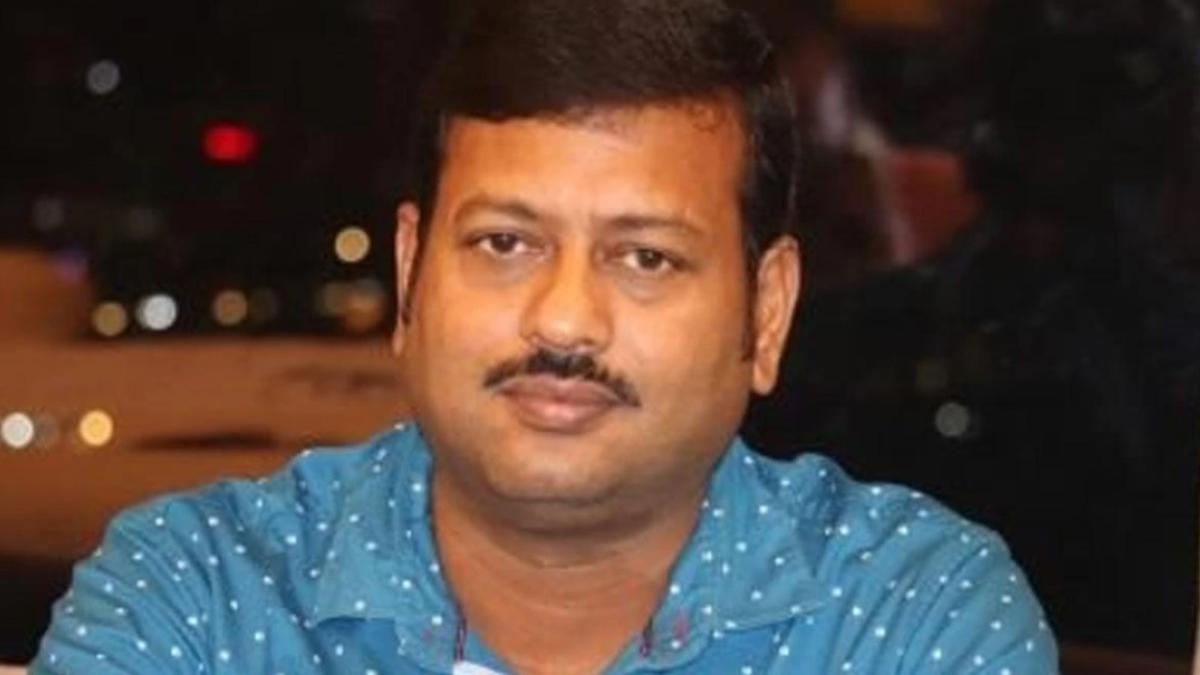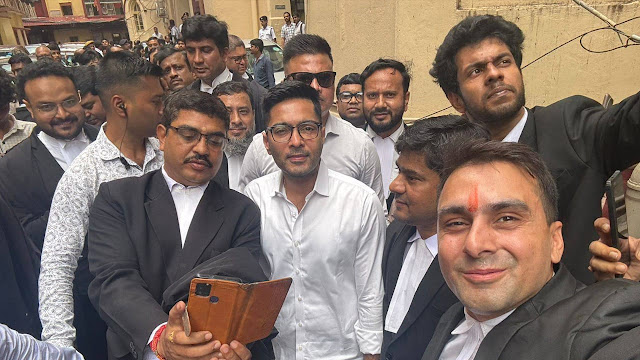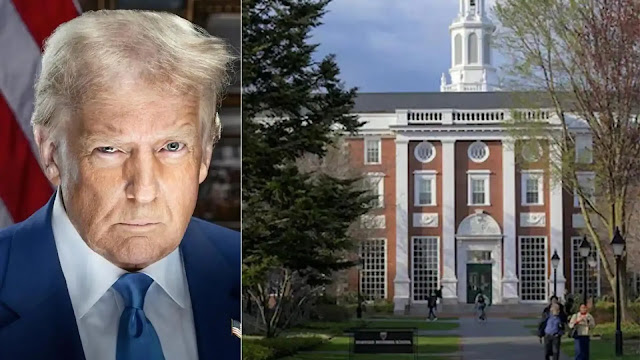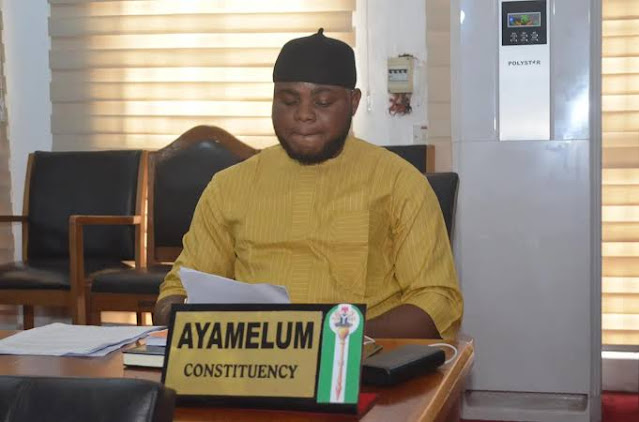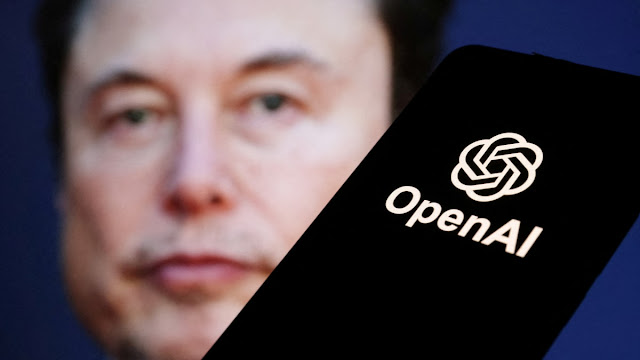Baby Chakraborty, KalimNews, Kolkata, July 11, 2025 : As West Bengal gears up for its next Assembly elections, a significant shift in the Bharatiya Janata Party’s (BJP) political strategy appears to be unfolding with the appointment of Shamik Bhattacharya as the new state president. His arrival signals a potential departure from the party’s previous aggressive posture under leaders like Sukanta Majumdar and Suvendu Adhikari, toward a more inclusive and pluralistic approach.
Shamik Bhattacharya was formally welcomed in a large gathering at the Science City Exhibition Ground, an event attended by prominent BJP leaders including former state president Sukanta Majumdar and Leader of the Opposition Suvendu Adhikari. The change in tone was evident right from the start, with Shamik Bhattacharya’s message contrasting sharply with that of his predecessors.
In his speech, Bhattacharya made a symbolic appeal for peace and rehabilitation over confrontation, saying, “I want to put a pen in the hands of those who throw bombs.” The remark, seen as a veiled outreach to sections of the Muslim community, stands in stark contrast to Suvendu Adhikari’s overtly combative and often polarizing rhetoric. While Suvendu has frequently taken a hardline stance, particularly targeting the Muslim electorate, Shamik’s message hints at a softer, more reconciliatory BJP in Bengal—one that seeks to broaden its appeal beyond traditional vote banks.
Addressing both old and new party members, Bhattacharya stressed the importance of unity and continuity, stating, “The old ones must remember that the party wouldn’t have come this far without them holding the flag through certain defeat. The new ones must realize that the party cannot grow unless new faces are welcomed.” His comments reflect an attempt to balance respect for long-standing party workers while also embracing the need for fresh blood—potentially signaling a restructuring within the state unit’s internal dynamics.
This shift in tone raises pressing questions about the direction of the BJP in Bengal. Is the party ready to move away from its earlier strategy of fierce opposition to the ruling Trinamool Congress and its leader, Mamata Banerjee—a strategy that initially earned the party electoral gains but later saw diminishing returns? Will Shamik Bhattacharya’s moderate and inclusive vision manage to temper the hardline narratives of leaders like Suvendu Adhikari and Sukanta Majumdar?
Political observers are watching closely. For now, what appears on the surface is the introduction of an “experimental chemistry” in the state BJP—a possible recalibration of ideology and messaging aimed at reversing recent electoral losses and reestablishing the party’s relevance in a changing political landscape. Whether this pivot toward pluralism will endure or be overridden by existing hardline factions remains to be seen. But in the critical run-up to the Assembly elections, Shamik Bhattacharya’s leadership could mark a defining chapter in the BJP’s journey in West Bengal.


